“What should I read today?” I asked myself as I prepared to go out for a solo coffee date while my babysitter was playing with my daughter. I eyed the stack of books I had brought back from my last trip to the US, sitting longingly on my desk, my desire to accumulate books being greater than my capacity to read them when I have to do a lot of reading during my work day.
I remember my dad telling me something like this when I was a kid. During his career, he was a lawyer and read a lot of contracts for his work, so he rarely wanted to read for fun when he was at home (now retired, he reads rather prolifically). I didn’t understand at the time, but now I sure do, as it is with so many things about our parents as we age and become like them ourselves. I adore books, but after reading articles for class and assignments, my capacity to visually take in words is limited (podcasts and Netflix I can still manage :).
But on this Saturday, I was eager to take in some inspiration, to let my mind go in different directions, so I picked up the book on top of the stack, which happened to be Sharon Blackie’s The Art of Enchantment. As I picked it up, it randomly (synchronistically)1 opened to a full-page quote:
This is what I’m here to do. Counter this. Re-enchant education. And thus my coffee date companion was secured. This quote dropped into my lap on a morning when I was feeling defeated, when I was really needing a reminder of why I do what I do. The words I needed to hear reached me, and through this page, I was affirmed and validated. Part of what I am here to do is inspire others- I know this. But in this moment, I needed a big dose of inspiration myself. You are on your path. Keep going. Don’t stop now. This is what you are here to do.
In the face of defeat, losses, and challenges, the concept of small wins can be helpful. In my doctoral program, we read an article by this title by Karl E. Weick2, and it is an idea that resonated and that I have held onto. The crux of Weick’s (1984) argument goes: social problems are massive, which can cause us to be stalled in inaction; however, if you break issues down, small wins of moderate importance add up and also motivate people to participate (Weick was really looking at social issue engagement from a psychological perspective).
This idea of small wins is similar to what adrienne maree brown writes about in Emergent Strategy with respect to fractals, an observable pattern in nature, and how the small makes the whole. This is to say: small changes we make affect the larger whole (First principle of Emergent Strategy: “Small is good. Small is all. The large is a reflection of the small.”).
The problems we are facing, individually and collectively, can be completely debilitating. When we are trying to make change and face what feels like a defeat, it can feel devastating. We might want to stop going, to stop caring, to stop trying to make change. We might forget what we’re here to do.
The systems and structures we are trying to change want us to give up easily. (Are they “they?” Are they capable of wanting? Do they have desires? I actually do believe they have lives and energies and spirits and agency of their own. Perhaps a post for another day). Systemic agency aside, those in power who benefit from these systems certainly also benefit if we give up.
This is why we need people in our lives who uplift us3, who remind us that, when we feel like we have been defeated, it might actually be time to push harder. Stop, rest, breathe, and push again (another reason why we need the wisdom of birth stories). When trying to articulate the essence of pedagogies for peace this week for an article we are collaboratively writing, my students said, “We uplift each other,” and I keep thinking about how much we need this mutual upliftment for the more just and peaceful worlds we are trying to build. Mutual upliftment cuts against the grain of toxic individualism and competitiveness we have internalized through capitalism and learned through our formal schooling in which those values are deeply embedded (which is related to the above quote). Mutual upliftment is counterculture, subversive, revolutionary, liberatory.
We need reminders of what we are here to do, like the quote above. We need to reflect this back to each other.
And we need to celebrate the small wins, each and every one, however tiny they feel, and remember that the small makes the whole.
Systems, structures, and institutions built within modernity resist change, but everything is change - another Emergent Strategy principle (“change is constant. Be like water”). In the words of the great Octavia Butler, “The only lasting truth is change. God is change,” which many spiritual traditions would agree with. These structures do not change easily, and they are generally not open or willing to change. They may not change at the speed we would like them to, and this can feel defeating. But everything is change, and if we can remember this, and celebrate our small wins, and remind each other of what we are here to do, maybe it will give us the energy to keep going. We can remember that the question is not whether things will change but how, and that we have the power to influence the direction of change, in small and large ways.
So, dear reader: what small wins have you had lately? How can you celebrate them?
And perhaps even more importantly:
What are you here to do?
May this post serve as a gentle reminder of that, and that we need you. The world needs you.
Returning to the theme of re-enchanting and re-imagining education, I am thrilled to be gathering with some beloved friends friends from the Ecoversities Alliance/Re-imagining Education Conference organizing crew this upcoming week here in Costa Rica. Stay tuned for updates on what I expect to be nothing short of a magical time together. If you are in Costa Rica, you are welcome to join us!
What has been catching your attention lately? What has your attention been attuning to? For me, what has been catching me lately are flower petals, not on plants (though that too, always) but on the paths I traverse in my days. In particular, there are bright purple flowers the the bright yellow flowers of the corteza amarillas that are bursting and falling at this mid-dry season moment. The path between home and campus is peppered with these trees, and there are stretches that are paved in yellow and purple.
I have also been noticing that the corteza amarilla petals like to gather in the gutters, which has been a striking image. One of the themes I write about a lot here, as you may know, is the interbeing of joy and pain, beauty and disgust (see garbage meditation, for example). Recently Kimberlyn (last week’s special guest collaborator on friendship!) sent me a picture of “a garbage altar,” as she put it, and right after she sent it to me, I found that someone in my neighborhood had started beautifying our metal garbage bins with metal floral art. Garbage altars, garbage art, feels like an enchantable symbol if ever there was one.
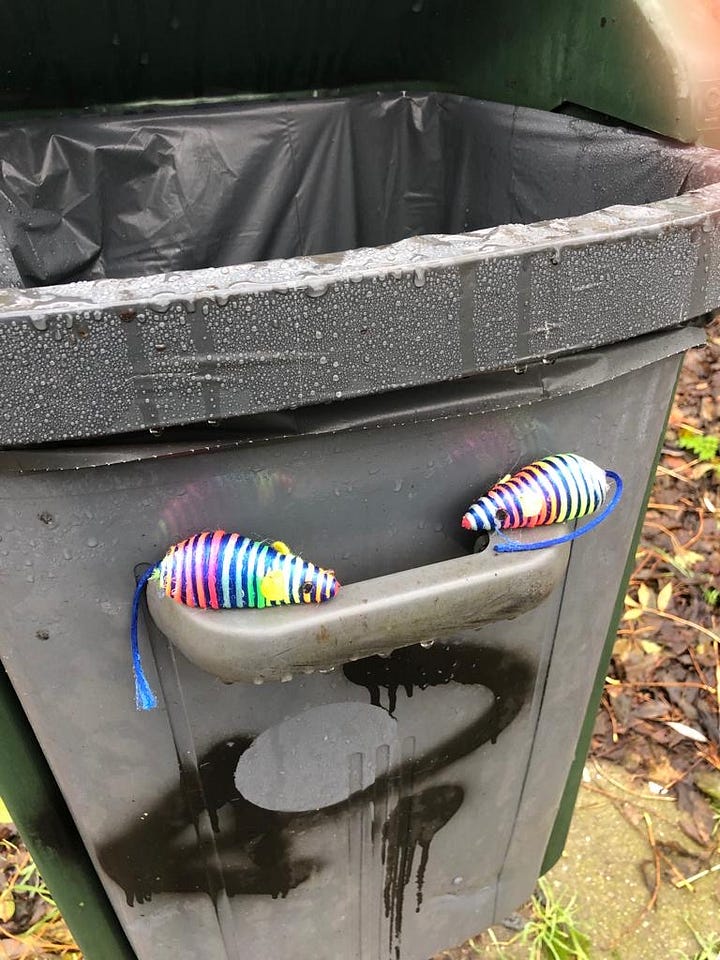
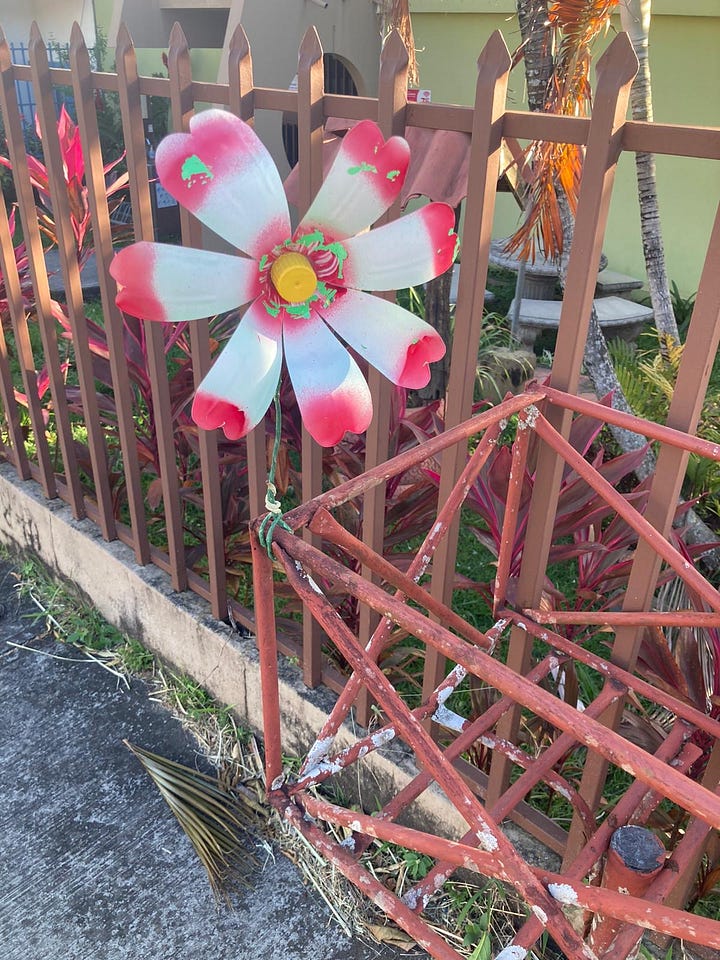
Reader call to action: if you see garbage art or garbage altars- or better yet, make some- please send pictures my way! I have a dedicated folder on my phone awaiting them :)
Inspired by these occurrences, I offer you this blessing:
May your path be paved with petals,
And may the gutters and garbage bins of your life
Be filled with beauty
Ready to be reborn.
With love and care,
Stephanie
Asking a question, opening a book to a random page, and reading the first sentence your eyes catch as your response can be a divination practice. Try it!
I am using the word uplift because it was used twice in my presence this week. You know who you are :)




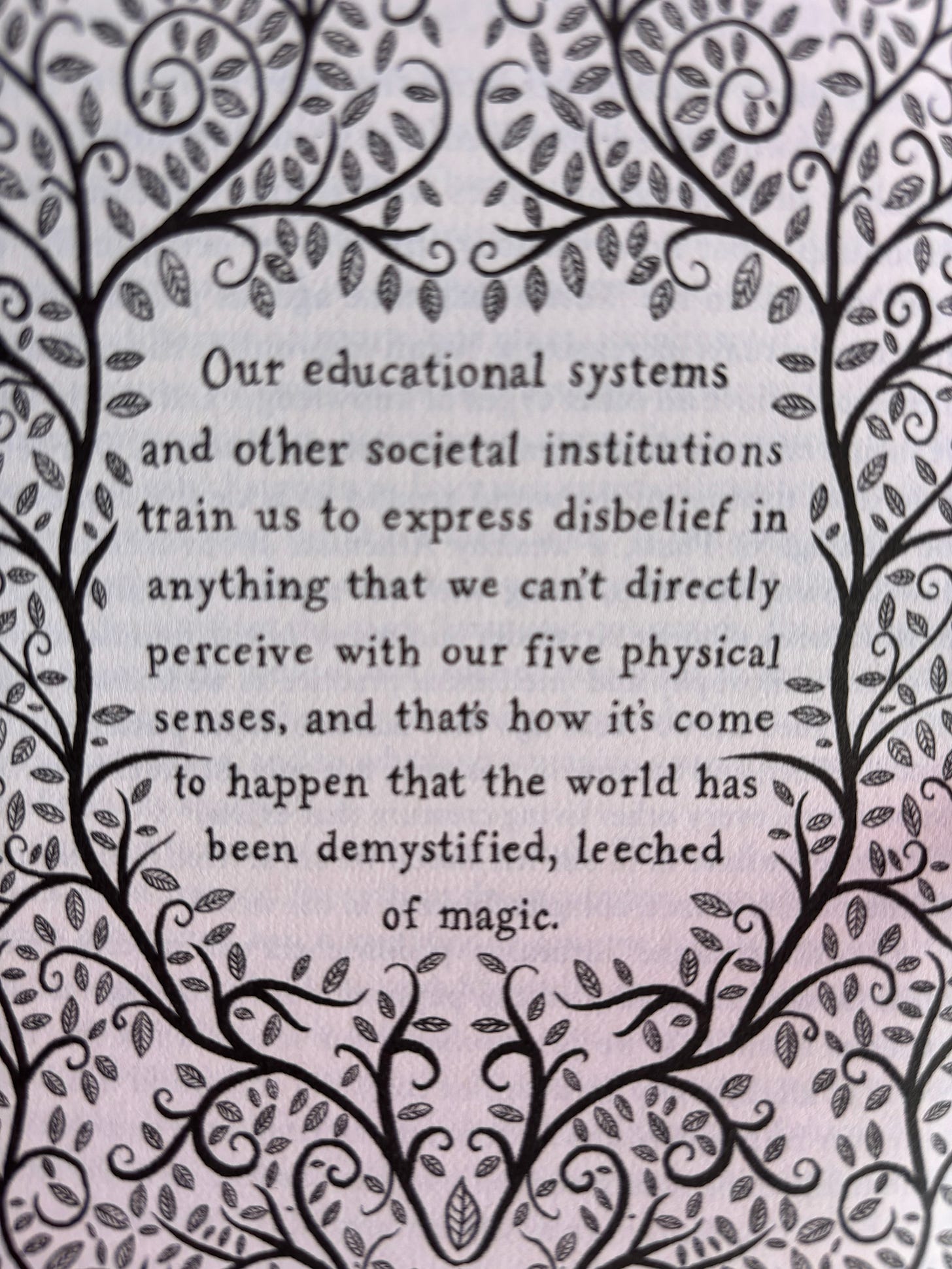
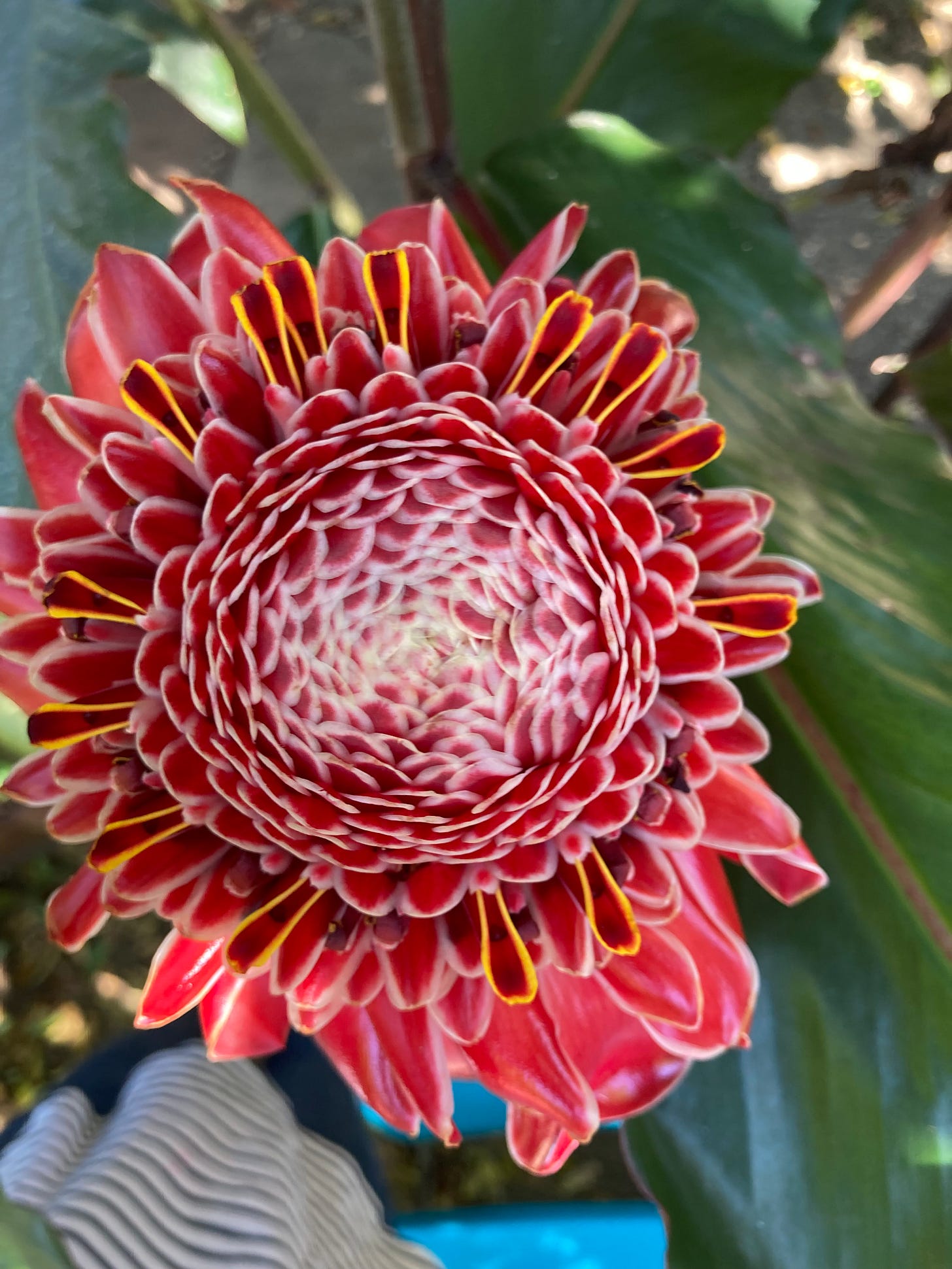
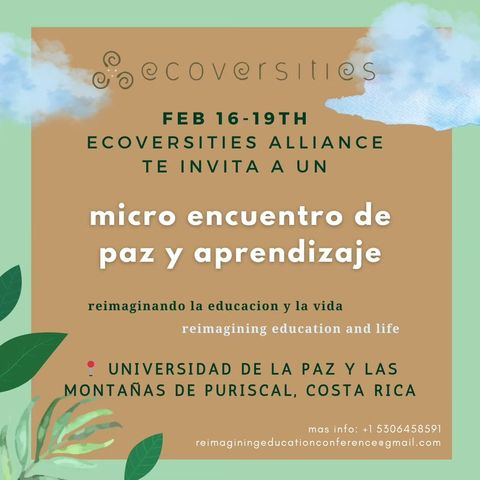
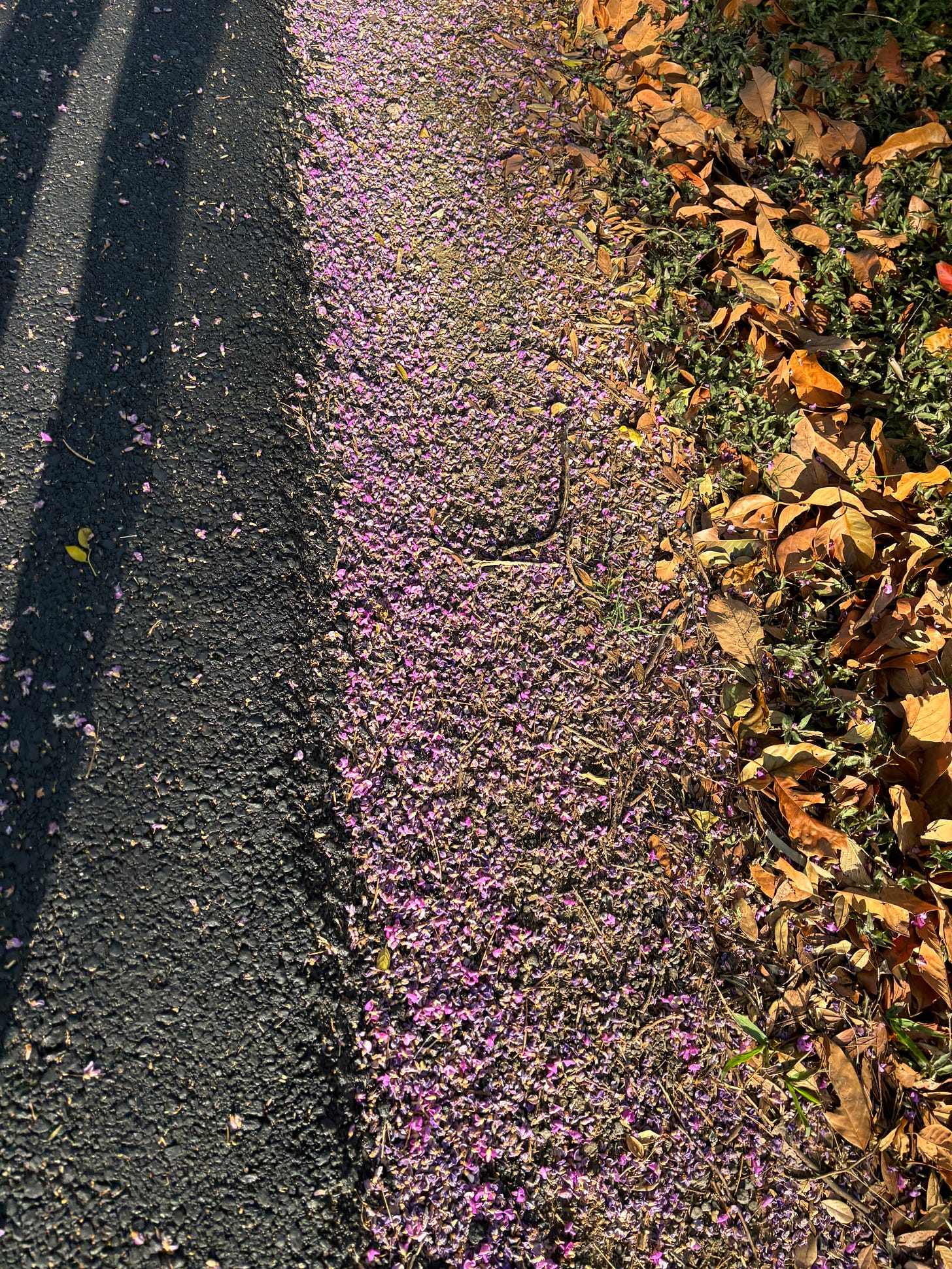
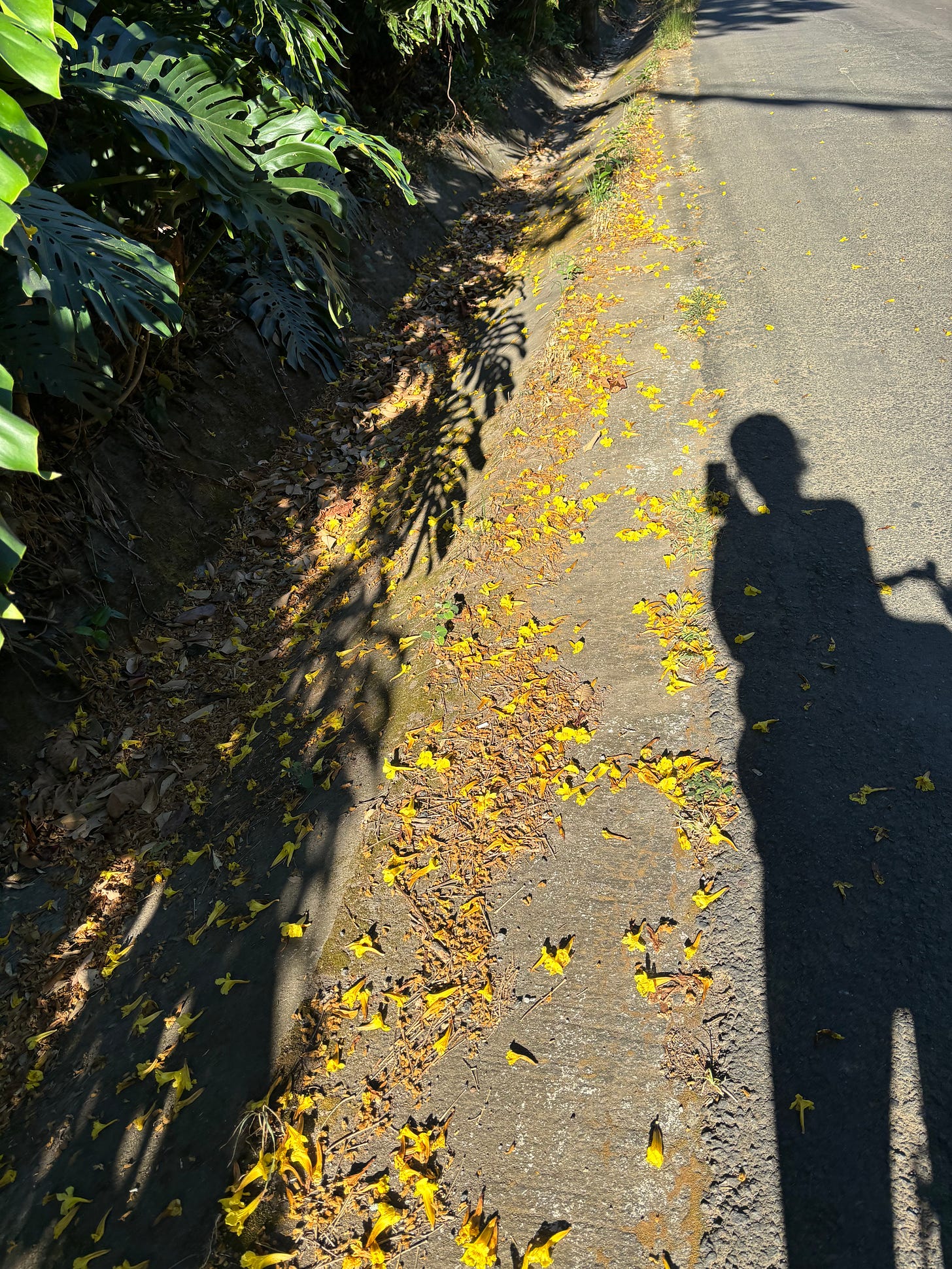
I'm here to connect people together, to uplift each other's work. I'm here to let inspiration goes through my body and reach out to anyone I meet, and be open to receive inspiration from others to uplift my work.
I have been listening to GRIT by Angela Duckworth and just yesterday wrote down this quote: "Greatness is many individual feats and each one is doable." Love that we're on the same wavelength about small wins this week.